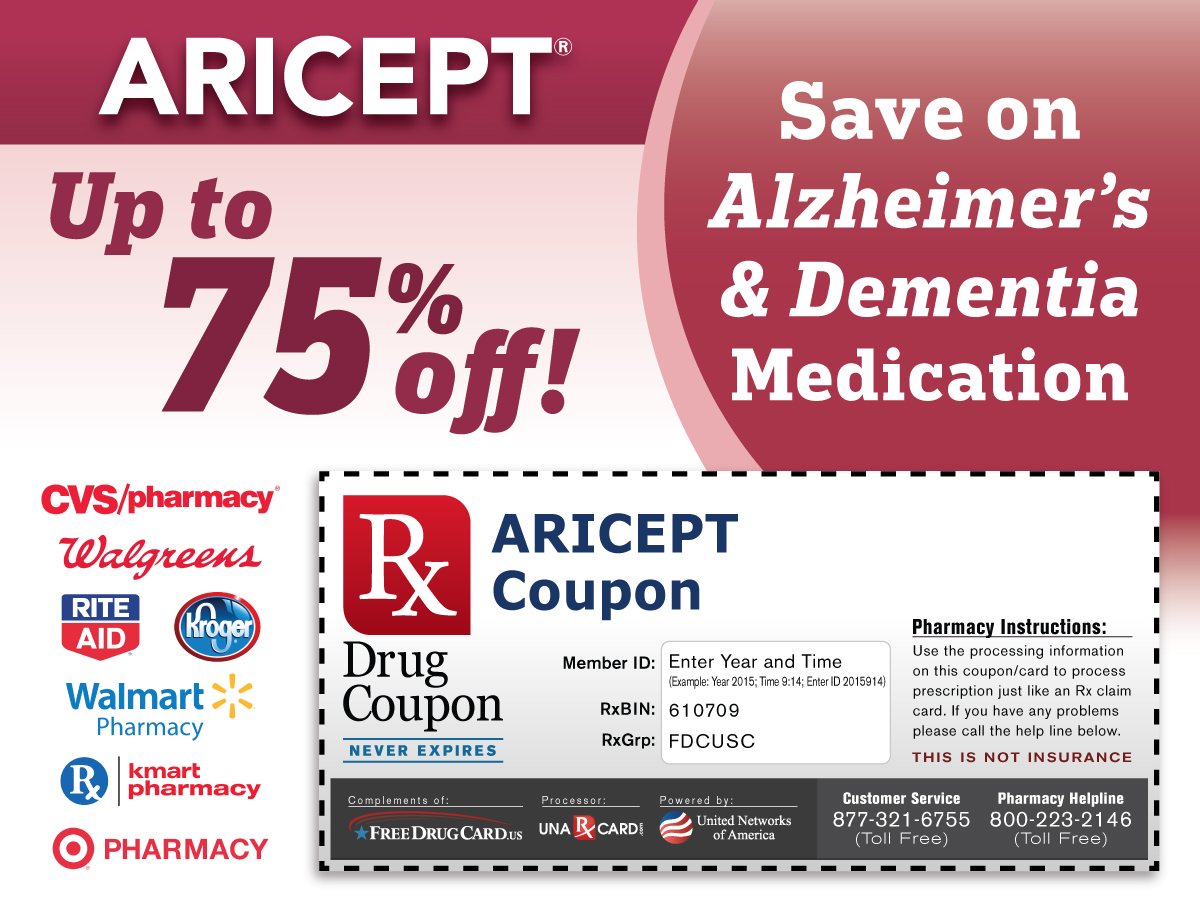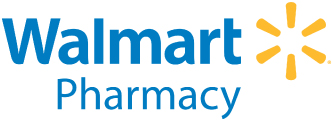Alzheimer's / Dementia Information
Alzheimer's disease (AD), also known in medical literature as Alzheimer disease, is the most common form of dementia. There is no cure for the disease, which worsens as it progresses, and eventually leads to death. It was first described by German psychiatrist and neuropathologist Alois Alzheimer in 1906 and was named after him.
Most often, AD is diagnosed in people over 65 years of age, although the less-prevalent early-onset Alzheimer's can occur much earlier. In 2006, there were 26.6 million sufferers worldwide. Alzheimer's is predicted to affect 1 in 85 people globally by 2050.
Although Alzheimer's disease develops differently for every individual, there are many common symptoms. Early symptoms are often mistakenly thought to be 'age-related' concerns, or manifestations of stress. In the early stages, the most common symptom is difficulty in remembering recent events. When AD is suspected, the diagnosis is usually confirmed with tests that evaluate behaviour and thinking abilities, often followed by a brain scan if available.
As the disease advances, symptoms can include confusion, irritability and aggression, mood swings, trouble with language, and long-term memory loss. As the sufferer declines they often withdraw from family and society. Gradually, bodily functions are lost, ultimately leading to death. Since the disease is different for each individual, predicting how it will affect the person is difficult. AD develops for an unknown and variable amount of time before becoming fully apparent, and it can progress undiagnosed for years. On average, the life expectancy following diagnosis is approximately seven years Fewer than three percent of individuals live more than fourteen years after diagnosis.
The cause and progression of Alzheimer's disease are not well understood. Research indicates that the disease is associated with plaques and tangles in the brain. Current treatments only help with the symptoms of the disease. There are no available treatments that stop or reverse the progression of the disease. As of 2012, more than 1000 clinical trials have been or are being conducted to find ways to treat the disease, but it is unknown if any of the tested treatments will work. Mental stimulation, exercise, and a balanced diet have been suggested as possible ways to delay symptoms in healthy older individuals, but they have not been proven as effective.
Because AD cannot be cured and is degenerative, the sufferer relies on others for assistance. The role of the main caregiver is often taken by the spouse or a close relative. Alzheimer's disease is known for placing a great burden on caregivers; the pressures can be wide-ranging, involving social, psychological, physical, and economic elements of the caregiver's life. In developed countries, AD is one of the most costly diseases to society.
Management
There is no cure for Alzheimer's disease; available treatments offer relatively small symptomatic benefit but remain palliative in nature. Current treatments can be divided into pharmaceutical, psychosocial and caregiving.
Pharmaceutical
Five medications are currently approved by regulatory agencies such as the U.S. Food and Drug Administration (FDA) and the European Medicines Agency (EMA) to treat the cognitive manifestations of AD: four are acetylcholinesterase inhibitors (Tacrine, Rivastigmine, Galantamine and Donepezil) and the other (memantine) is an NMDA receptor antagonist. No drug has an indication for delaying or halting the progression of the disease.
Reduction in the activity of the cholinergic neurons is a well-known feature of Alzheimer's disease. Acetylcholinesterase inhibitors are employed to reduce the rate at which acetylcholine (ACh) is broken down, thereby increasing the concentration of ACh in the brain and combating the loss of ACh caused by the death of cholinergic neurons. Cholinesterase inhibitors approved for the management of AD symptoms are donepezil (brand name Aricept), galantamine (Razadyne), and rivastigmine (branded as Exelon and Exelon Patch). There is evidence for the efficacy of these medications in mild to moderate Alzheimer's disease, and some evidence for their use in the advanced stage. Only donepezil is approved for treatment of advanced AD dementia. The use of these drugs in mild cognitive impairment has not shown any effect in a delay of the onset of AD. The most common side effects are nausea and vomiting, both of which are linked to cholinergic excess. These side effects arise in approximately 10–20% of users and are mild to moderate in severity. Less common secondary effects include muscle cramps, decreased heart rate (bradycardia), decreased appetite and weight, and increased gastric acid production.
Glutamate is a useful excitatory neurotransmitter of the nervous system, although excessive amounts in the brain can lead to cell death through a process called excitotoxicity which consists of the overstimulation of glutamate receptors. Excitotoxicity occurs not only in Alzheimer's disease, but also in other neurological diseases such as Parkinson's disease and multiple sclerosis. Memantine (brand names Akatinol, Axura, Ebixa/Abixa, Memox and Namenda), is a noncompetitive NMDA receptor antagonist first used as an anti-influenza agent. It acts on the glutamatergic system by blocking NMDA receptors and inhibiting their overstimulation by glutamate. Memantine has been shown to be moderately efficacious in the treatment of moderate to severe Alzheimer's disease. Its effects in the initial stages of AD are unknown. Reported adverse events with memantine are infrequent and mild, including hallucinations, confusion, dizziness, headache and fatigue. The combination of memantine and donepezil has been shown to be "of statistically significant but clinically marginal effectiveness".
Antipsychotic drugs are modestly useful in reducing aggression and psychosis in Alzheimer's disease with behavioural problems, but are associated with serious adverse effects, such as cerebrovascular events, movement difficulties or cognitive decline, that do not permit their routine use. When used in the long-term, they have been shown to associate with increased mortality.
Alzheimer's / Dementia: Medication Information
Aricept (Donepezil)
Donepezil, marketed under the trade name Aricept by its developer Eisai and partner Pfizer, is a centrally acting reversible acetylcholinesterase inhibitor. Its main therapeutic use is in the palliative treatment of mild to moderate Alzheimer's disease. Common side effects include gastrointestinal upset. It has an oral bioavailability of 100% and easily crosses the blood-brain barrier. Because it has a half-life of about 70 hours, it can be taken once a day.
































